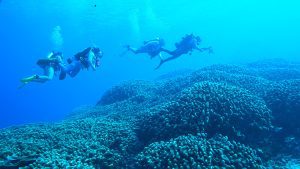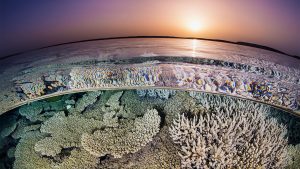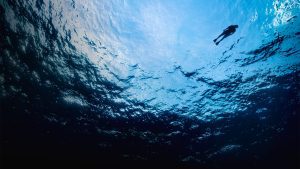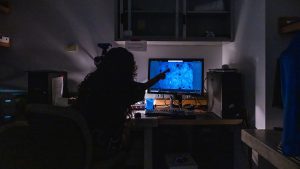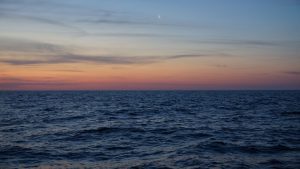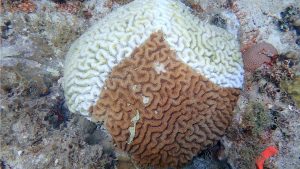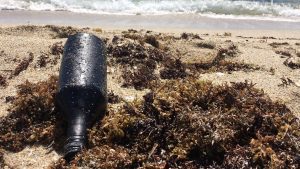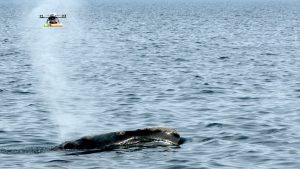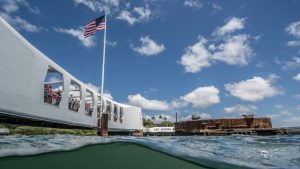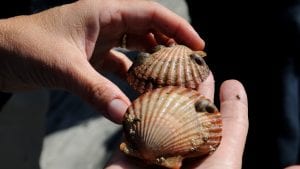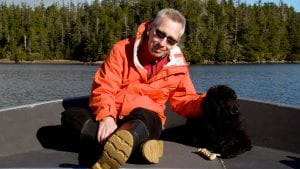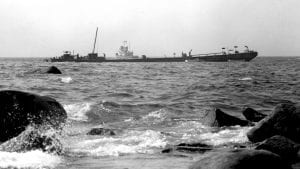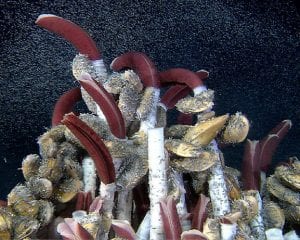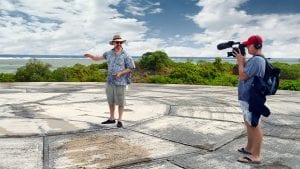Research Highlights
Oceanus Magazine
News Releases
A new paper argues that larger, longer studies with rigorous monitoring and clear safeguards are needed to accurately assess OIF as a potential long-term CO2 storage solution.
Coral reefs support more than 25 percent of all marine life and underpin the livelihoods of roughly one billion people globally.
Oil spill forensics reveal how plastic debris can carry petroleum pollution across entire ocean basins
A first of its kind study links drone-collected respiratory microbes with health assessments, offering hope for protecting vulnerable populations
The findings underscore the USS Arizona’s dual role as a solemn memorial and a “living laboratory.”
News & Insights
After 175,000 gallons of oil spilled from a barge that ran aground along West Falmouth Harbor, the contaminant has all but disappeared, save a small marsh inlet that continues to serve as a living laboratory for scientists at Woods Hole Oceanographic Institution.
“When hydrothermal vents were discovered in 1977, it very much flipped biology on its end,” says Julie Huber, an oceanographer who studies life in and below the seafloor at Woods Hole Oceanographic Institution (WHOI) on Cape Cod. “People knew that organisms could live off of chemical energy, but they didn’t imagine they could support animal ecosystems.”
Scientists like Dr. Huber have continued to study those chemical-munching microbes. And it turns out, she says, a diverse set of microbes can be really good at making a living where the sun doesn’t shine. They make use of the chemicals available to them, even at some of the harshest vents, known as black smokers.

